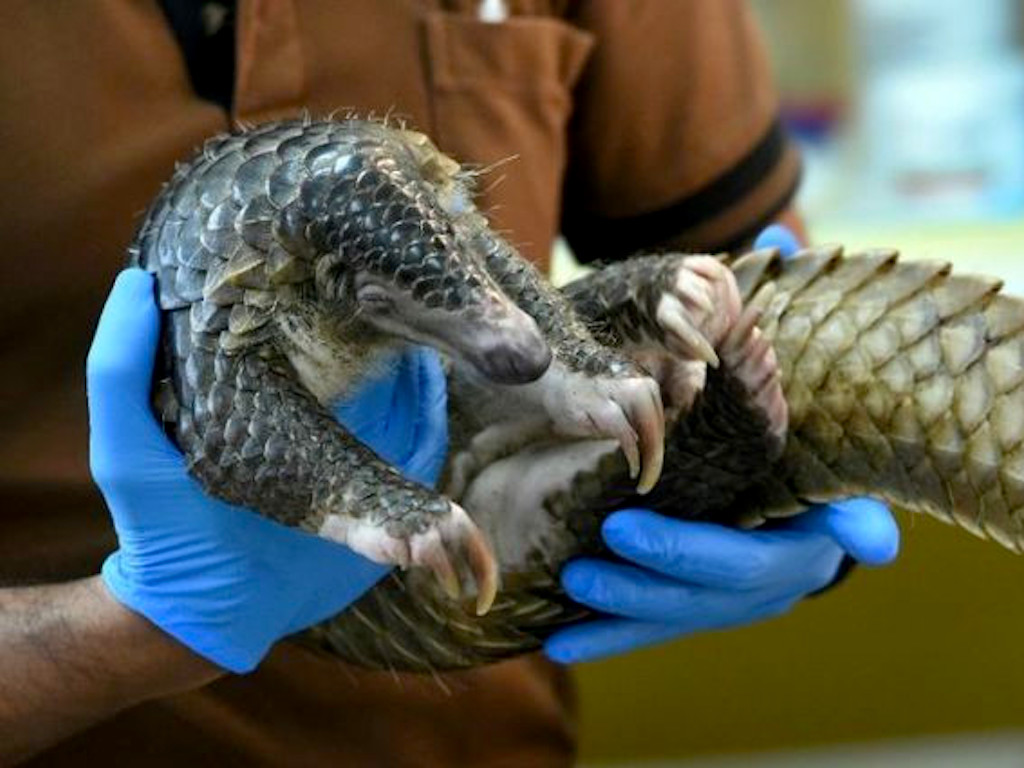3 Mins Read
Vietnam is preparing to ban the trade of wildlife and tighten measures on the illegal trade after a number of conservationist groups called on authorities to take action against the cruel industry. It comes as the world is battling the coronavirus outbreak, which has renewed global attention on not only the inhumane and environmentally damaging nature of the wildlife trade, but the dangers it poses to public health.
In the wake of the coronavirus outbreak, which has revived the focus on the dangerous consequences of the wildlife trade, Vietnam’s prime minister Nguyen Xuan Phoc has ordered the Ministry of Agriculture and Rural Development to “quickly” begin drafting a directive to ban wildlife trading activities. It has set a deadline for 1st April.
It is a response to a letter submitted last month to authorities penned by nonprofit wildlife conservation organisation Pan Nature and signed by a number of other NGOs, including the World Wildlife Fund (WWF), Animals Asia Foundation, TRAFFIC, Save Vietnam Wildlife and the Wildlife Conservation Society.
The government must “identify and close markets and other locations where illegal wildlife is on sale” to prevent future outbreaks of coronavirus, the letter wrote. The organisations recognised that the Vietnam authorities have already amped up measures to control wildlife trade following a government directive to control the epidemic, but “more concrete action” needs to be taken.
Covid-19, which has recently been declared a pandemic, has already affected more than 123 countries and territories globally. As of press time, the latest figure of confirmed cases of Covid-19 is over 126,000, and the death toll stands at 4,616. Wild animals have been identified as the intermediary host of past coronavirus outbreaks that allowed the disease to jump to humans, such as SARS and MERS.
Recent research about the origins of the current Covid-19 disease have proposed that pangolins are the probable intermediary host. Pangolins are nocturnal animals found in Asia and Africa, and are considered the world’s most trafficked mammal. Despite the fact that the trade of pangolins have been outlawed since 2016, an estimated 100,000 pangolins each year are poached for their keratin scales, an ingredient believed to be beneficial in traditional Chinese medicine, and for its meat as a delicacy in parts of Vietnam and China.
These findings have prompted China to permanently shut down its US$74 billion wildlife farming industry in late February, which was an effective extension of the temporary ban introduced in January. While the more comprehensive ban was applauded by some, experts are cautious of the efficacy of the law, since it leaves loopholes for medicinal and other non-food uses.
Failing to fully clamp down on the wildlife trade for both food and non-food uses with strict law enforcement and mass public education to stigmatise consumption, it is difficult to mitigate the risk of public health epidemics, the inhumane practices of the trade and the major ecological disturbances that it causes.
One of the most effective individual actions we can take is to reduce the consumption of all animal products altogether, which is currently propping up the cruel live animal trade and unsustainable animal agriculture that is damaging to our planet. There are also a number of online petitions that we can sign to help protect animals.
Read our earlier news coverage of Covid-19 and prevention tips here.
Lead image courtesy of AFP / Roslan Rahman.




